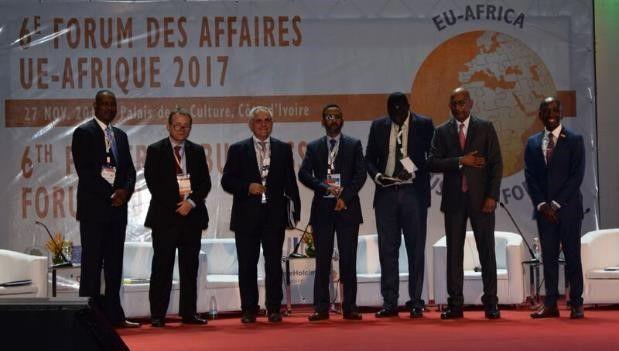Department Resources
The African Guidelines on Integrating Data Provisions in Digital Trade Protocols are part of the broader framework established by the AfC
Supply Chain Management Division Operations Support Services Directorate
Addis Ababa, Ethiopia
Supply Chain Management Division Operations Support Services Directorate
The African Union Commission (AUC) envisions “an integrated continent that is politically united based on the ideals of Pan Africanism an
Highlights of the cooperation with the GIZ-project “Support to the African Union on Migration and Displacement”
Violent extremism is a global issue.
Agenda 2063 is Africa’s development blueprint to achieve inclusive and sustainable socio-economic development over a 50-year period.
EXECUTIVE SUMMARY OF THE AFRICA REGIONAL INTEGRATION REPORT (ARI)
EXECUTIVE SUMMARY










